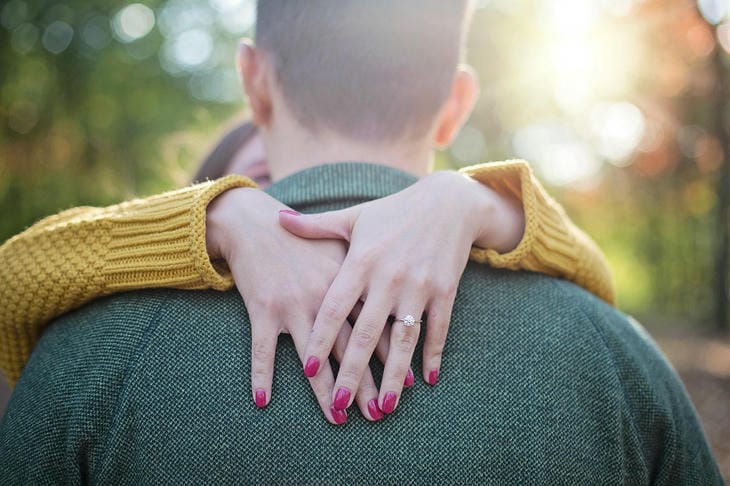"She was jealous of the cactus in our garden," actor Jake Gyllenhaal wrote on social media.
His tweet got 2 million likes, but behind the joke was a bitter truth: jealousy is often the shadow that stifles love. But what if it’s not an enemy, but an ally?
In 2023, Scientific American published a study that found that couples who talked openly about jealousy were 65% less likely to break up.

Scientists have found that jealousy is not a sign of weakness, but a signal of an unmet need.
For example, when Steve Jobs' wife asked him why he was working late, he didn't make excuses, but showed her the drawings of a new product: "This is our common future." So jealousy turned into a bridge, not a wall.
Family therapist Esther Perel writes in her book Adultery:
"Jealousy is a cry for attention disguised as anger."
She gives an example of a couple where the husband was jealous of his wife's friend.
Instead of fighting, they began to "be jealous together" - planning dates for the three of them, which unexpectedly strengthened their bond.
Reddit user BrokenHalo shared how he saved his marriage:
"I started drawing cartoons of my fears. In one, I was a clown and she was a lion tamer. She laughed and then cried - that's how we found common ground."
But how do you tell the difference between healthy and toxic jealousy? Psychologist Robert Leahy explains in an interview with Forbes :
"If jealousy makes you hide your phone or spy on your partner, it's a disease. But if you say, 'I'm scared, let's talk about it,' it's a cure."
In 2022, a couple from Milan conducted an experiment: every time one was jealous, they spent 10 minutes talking about dreams, not suspicions. After six months, their trust levels increased by 80%.
Lady Gaga shocked fans with her confession on the Armchair Expert podcast:
"My ex was jealous of my music. So I wrote a song about his fears - that way we could hear each other."
The singer's story confirms that creativity is a powerful tool for transforming jealousy.
But there is a downside. A study by The Lancet warns that chronic jealousy increases the risk of heart attack by 30%. How to find balance?
Dr. Leahy recommends the "3-minute rule": When you feel jealous, ask yourself three questions: "What am I feeling right now?" "What do I need from my partner?" "How can I express this without making accusations?"
Jealousy, like fire, can warm or burn. The key is not to extinguish it, but to learn to kindle the fire of trust. As Nietzsche said:
"He who knows why he is jealous can bear any how."
